VA CIO: Zero Trust at the Core of Agency’s Vision, Security-Focused Workforce
CIO Kurt DelBene stresses the importance of building the agency’s vision and workforce upon the fundamental aspects of zero trust.
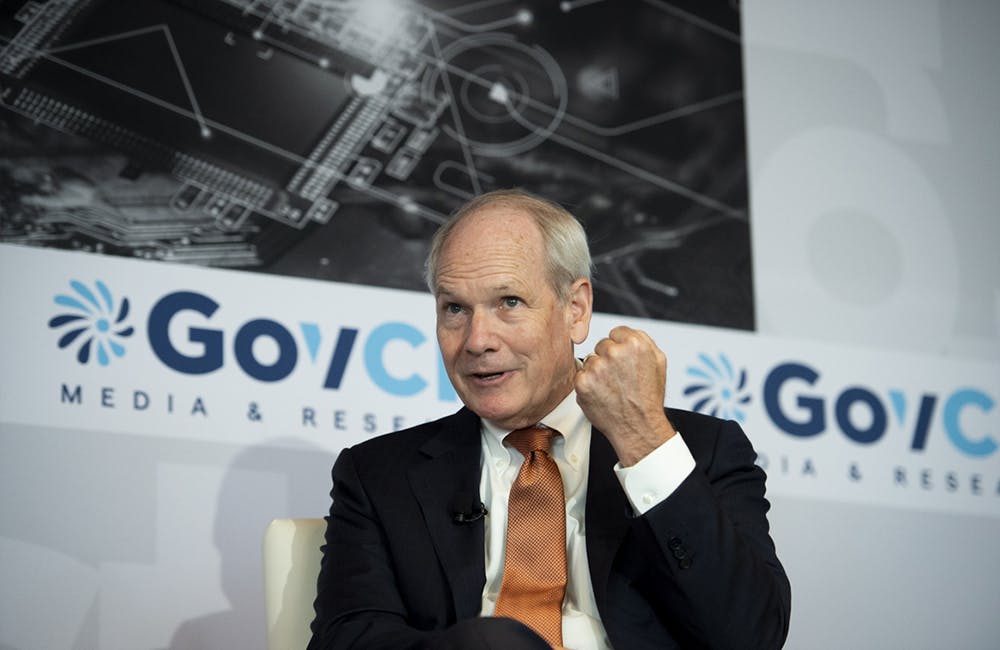
The Department of Veterans Affairs is taking its cybersecurity posture to the next level by enhancing its mission-first vision and building a dynamic workforce.
This mission-first mindset has been a prominent guiding force for the agency’s modernization efforts that include initiatives like electronic health record modernization, PACT Act-related benefits and payout expansions, and bridging the digital divide. Now faced with critical directives around cybersecurity, VA Assistant Secretary for Information and Technology and CIO Kurt DelBene is honing in on integrating zero trust.
“I’m a very big proponent of Zero Trust. I was at Microsoft when I got my hands around doing this internal transformation, and I said what’s the theme I should be talking about with what our investments around security are?” DelBene said during GovCIO Media & Research’s CyberScape: Zero Trust event. DelBene said that’s zero trust, “not because it’s a set of products, but because it’s a framework for thinking about security.”
DelBene said key to VA’s zero trust journey will be its increased focused on integrating its principles within the workforce.
“We reworked the team and set a vision of being vision oriented, having great execution operational rigor, security rigor and focusing around a delightful end-user experience,” DelBene said. “Then finally people excellence and making sure we have a great workforce and that they are paid appropriately, it’s really about anchoring on those fundamental pieces.”
DelBene acknowledged zero trust as a powerful framework for security. If it’s implemented well in an organization, he said, people should know the key aspects inside and out. He believes security should be a part of an employee’s passion and how they think about everything that they do at an agency.
“First thing we should do is get a workforce that fundamentally believes security is the most important thing,” DelBene said. “The people driving your system need to have a sense of what zero trust means to them. Designers and developers have to have that inherent thought that security is at the core of what they do.”
Like the rest of the industry and government more broadly, pay has been a longstanding concern for recruiting and retaining technical talent. This is something DelBene also feels is important for the VA workforce.
“The pay that we have relative to the people in industry is a big difference. We have spent time quantifying that difference and working with [the Office of Personnel Management] to create salary grades that are actually closer to reality,” DelBene said.
DelBene is working to address other challenges within specifically the veteran workforce around hiring authorities. Many people who come off active duty pursue cybersecurity as a personal passion, for example.
“In many cases we find a great person, but we don’t have direct hiring authority, so they get put into a pool of people and we have to interview multiple people even when we know certain candidates are qualified and we want to bring them on directly,” DelBene said.
Over the next year, VA is working on an internal roadmap for implementing zero trust also using a zero trust scorecard.
“Another great thing about zero trust is you can create a scorecard of measures that kind of define how close you’re getting toward what you think your nirvana looks like,” DelBene said. “We also need people to be inherently thinking first from a perspective of vision and how the roadmap connects to a vision that’s in terms of the outcome for vets, their families and caregivers.”
This is a carousel with manually rotating slides. Use Next and Previous buttons to navigate or jump to a slide with the slide dots
-

White House Science Chief: US-Driven AI Sets Global Standards
Michael Kratsios outlined how American AI technology on the global stage will help standardize the tech and counter China’s influence.
5m read -

Modernizing Critical Infrastructure in the Face of Global Threats
Officials are expanding the latest strategies in boosting defense infrastructure, including securing satellite communications, upgrading enterprise-wide technology, optimizing data management.
20m watch -

DOD Accelerates Software Modernization with Agile DevSecOps Push
The Pentagon's software implementation plan tackles cultural hurdles and integrates security early to deliver critical capabilities faster.
6m read -
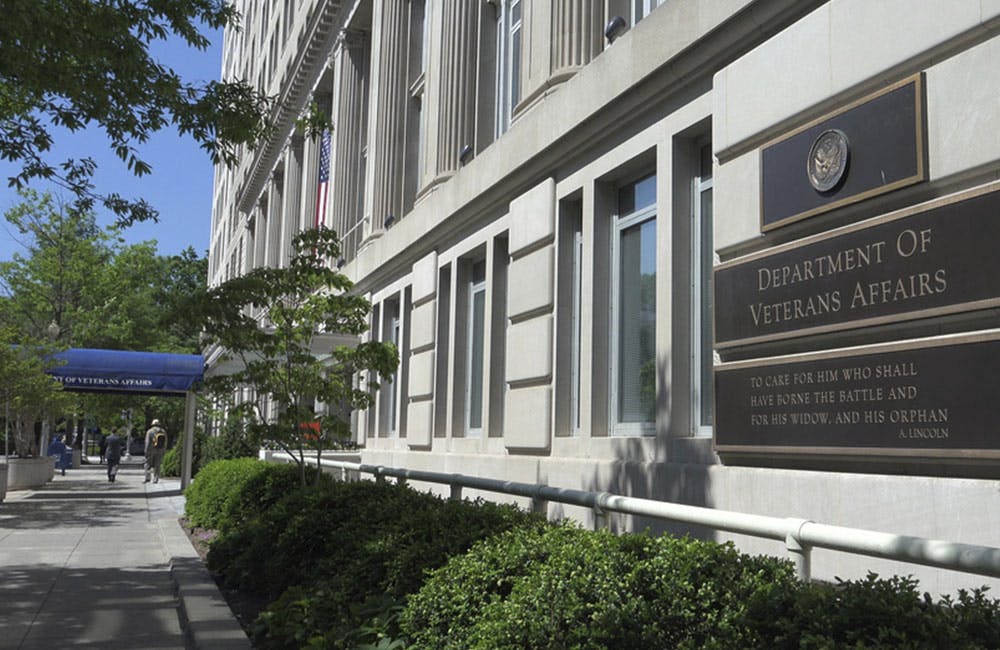
VA's Platform One Powers Rapid Innovation to Bolster Digital Services
VA's Platform One accelerates software development timelines from weeks to hours, ultimately enhancing digital services for veterans.
5m read -

Doing More with Less is Muscle Memory for IRS, Former Deputy CIO Says
Darnita Trower discusses her experience, the legacy she’s left behind and how she pushed the IRS to modernize itself,
20m watch -

Opinion: Original Intelligence Is the Missing Piece for AI Transformation
Limitations of AI agents and development drive growing needs for workforce development and "original intelligence."
3m read -
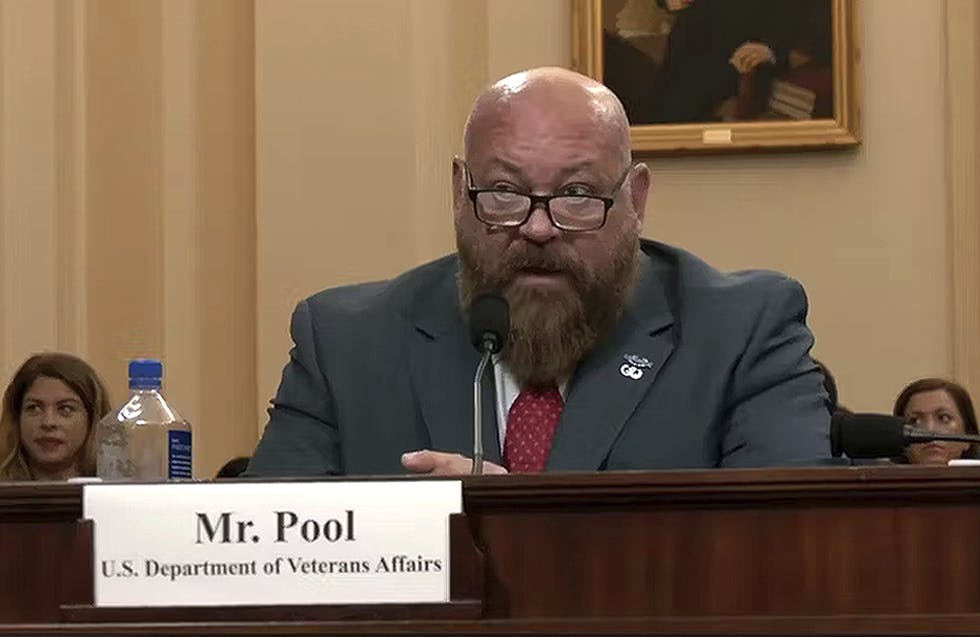
VA CIO Targets Modern IT and Smarter Workforce Alignment
Agency leaders told lawmakers they are focused on trimming legacy systems and restructuring its workforce to streamline operations.
3m read -
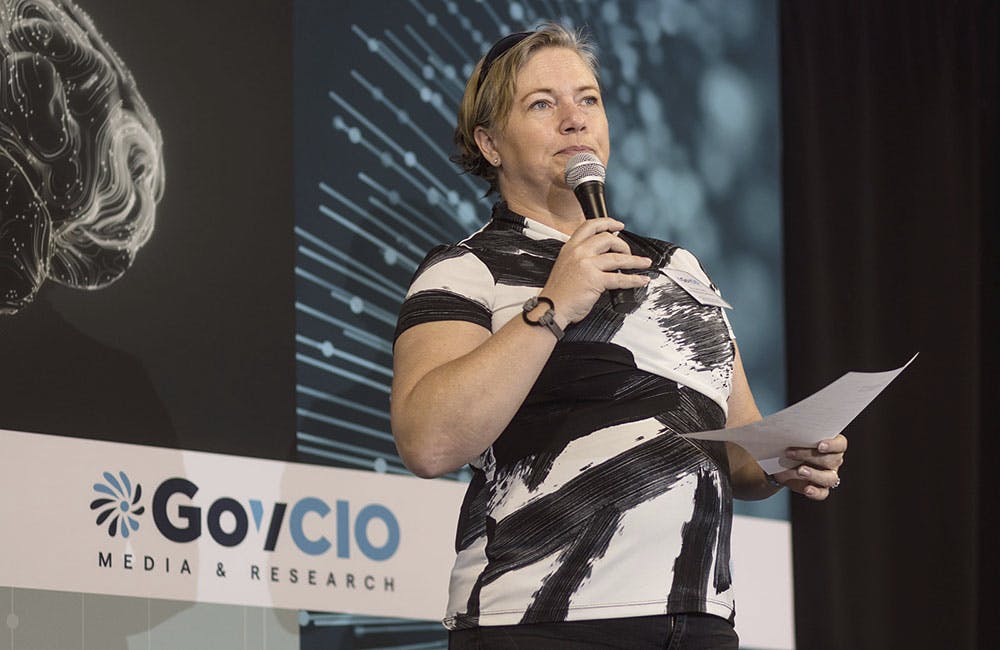
Pentagon's $200M AI Contracts Signal Broader Effort to Transform Talent
The Army is leveraging Silicon Valley, reservist programs and new hiring strategies to integrate critical digital skills in its ranks.
5m read -

Inside DOD’s Push to Grow the Cyber Workforce Through Academia
Diba Hadi gives her first interview since becoming principal director of the DOD’s Cyber Academic Engagement Office.
15m listen -

Generative AI Demands Federal Workforce Readiness, Officials Say
NASA and DOI outline new generative AI use cases and stress that successful AI adoption depends on strong change management.
6m read -

The Next AI Wave Requires Stronger Cyber Defenses, Data Management
IT officials warn of new vulnerabilities posed by AI as agencies continue to leverage the tech to boost operational efficiency.
5m read -
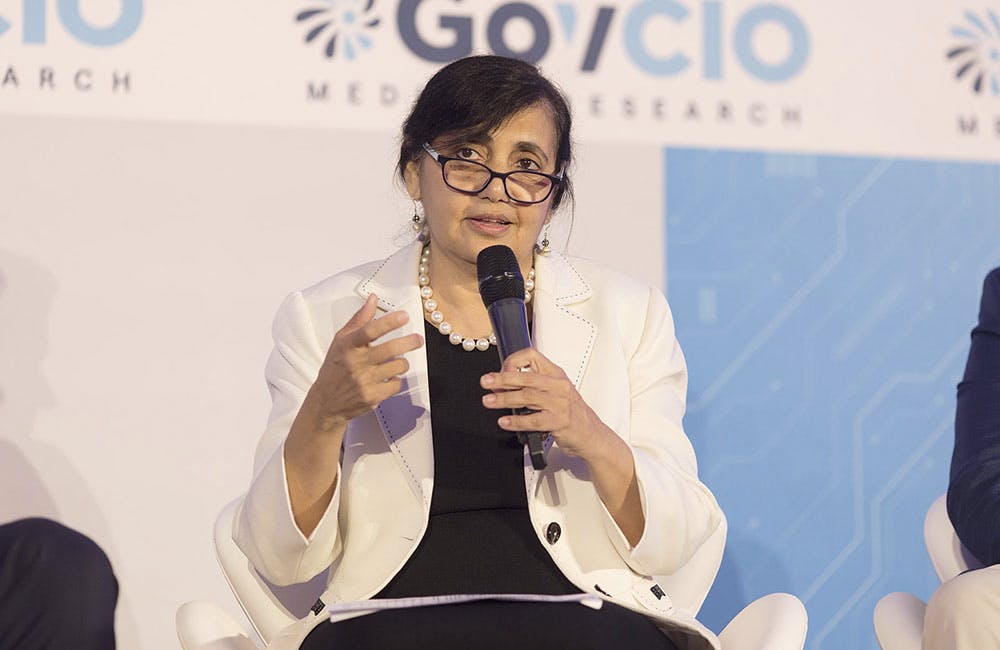
Federal CIOs Push for ROI-Focused Modernization to Advance Mission Goals
CIOs focus on return on investment, data governance and application modernization to drive mission outcomes as agencies adopt new tech tools.
4m read
















